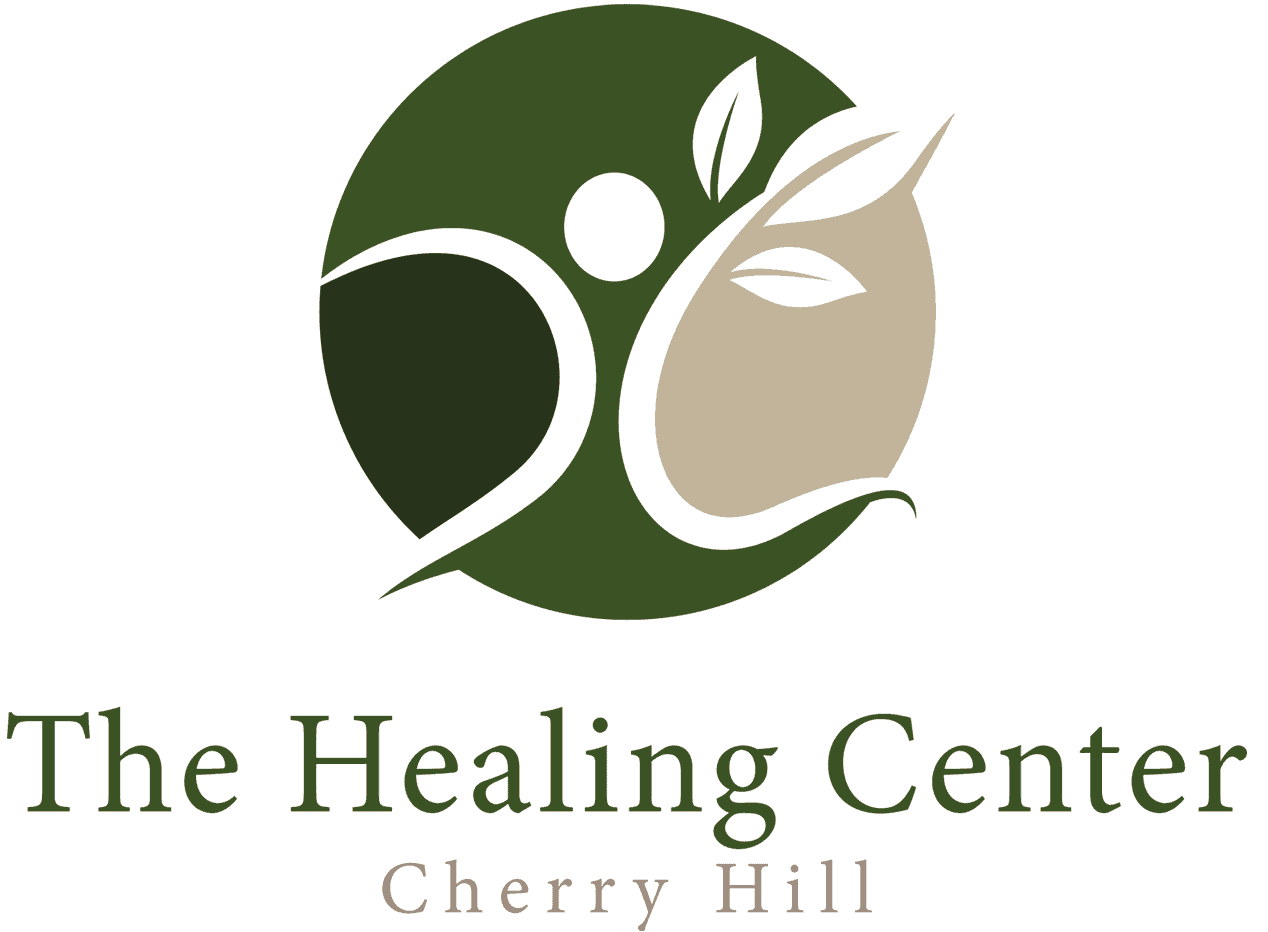What Do I Need to Know About Xanax Addiction Treatment In Cherry Hill NJ?
The Healing Center is a drug rehab facility that provides Xanax addiction treatment in Cherry Hill, NJ. We offer various therapeutic and medical interventions to help those who are battling Xanax abuse. Through our comprehensive step-down program, clients are able to build the foundation they need in order to achieve long-term recovery. Learn more about our facility and services below.

What Is Xanax Addiction?
Xanax—also known as alprazolam—is a type of medication commonly prescribed for the treatment of anxiety and panic disorders. Xanax is a part of the benzodiazepine family ,also referred to as “benzos”. Xanax is in the same medication family as other well known benzodiazepines including Valium, Klonopin, and Ativan. It is possible for people to develop an addiction issue with Xanax, especially when high doses are taken over long periods of time.
Benzodiazepines effect the central nervous system and act as a depressant. They do this by elevating the levels of GABA in your nervous system. Thus, creating a calming effect. GABA is a type of neurotransmitter that stops signals in the brain that create excitement and can lead to anxiety or panic attacks.
Unfortunately, benzodiazepines are all labeled as highly addictive drugs. What’s worse, is that medications, like Xanax, can be especially dangerous to stop using. Detoxing from benzodiazepines can lead to life-threatening side effects like seizures and dehydration. Fortunately, Xanax addiction treatment in NJ can ensure that individuals safely detox and are given the proper foundation for long-term sobriety.
What Conditions Is Xanax Prescribed For?
Despite the potential for abuse, Xanax is still a commonly prescribed drug. Here are the primary reasons why Xanax may be prescribed:
Anxiety Disorders: Xanax is frequently prescribed to manage various anxiety disorders, such as generalized anxiety disorder (GAD), social anxiety disorder (SAD), and specific phobias. It helps reduce excessive worry, restlessness, and other symptoms associated with anxiety.
Panic Disorder: Xanax is also used to treat panic disorder, a condition characterized by recurrent and unexpected panic attacks. Panic attacks are episodes of intense fear or discomfort, often accompanied by physical symptoms like palpitations, sweating, trembling, and shortness of breath. Xanax can help alleviate the severity and frequency of panic attacks.
Anxiety Symptoms: In addition to anxiety disorders and panic disorder, Xanax may be prescribed to manage severe anxiety symptoms that are causing significant distress or impairment in daily functioning.
Short-term Insomnia: Xanax may be used in some cases to aid with short-term insomnia (sleep difficulties) caused by anxiety or related conditions. However, its use for insomnia is generally limited due to concerns about dependency and tolerance.
It’s essential to note that Xanax is usually intended for short-term use due to its potential for dependence and withdrawal symptoms. Long-term use is generally avoided unless other mental health treatments have not been effective, and the benefits outweigh the risks.

Request a Confidential Callback

The Signs And Symptoms Of Xanax Addiction
If someone is addicted to Xanax, they may exhibit the following signs and symptoms:
Increased Tolerance: Over time, individuals may find that they need higher doses of Xanax to achieve the same effect, as their bodies become tolerant to the drug’s effects.
Physical Dependence: People who are addicted to Xanax may develop a physical dependence on the drug. If they try to stop taking it or significantly reduce their dosage, they may experience withdrawal symptoms, which can be uncomfortable and even dangerous.
Compulsive Use: An addicted person may find it difficult to control their use of Xanax. They might take it more frequently or in larger amounts than prescribed, even when it’s unnecessary or not prescribed at all.
Cravings: Those addicted to Xanax may experience strong cravings for the drug, leading them to seek it out compulsively.
Neglecting Responsibilities: A person struggling with Xanax addiction may neglect their responsibilities at work, school, or home.
Changes in Behavior: Personality and behavioral changes may become apparent. The person might appear lethargic, uncoordinated, or exhibit mood swings.
Financial Problems: Funding the addiction can be expensive, leading to financial difficulties or unusual behavior regarding money.
Poor Judgment: The drug can impair cognitive functions, leading to poor decision-making and impaired judgment.
Legal Issues: Engaging in illegal activities to obtain Xanax or due to impaired judgment can lead to legal problems.
It’s crucial to note that not everyone who takes Xanax will become addicted, and some individuals may legitimately use it for medical reasons without developing addiction. However, if you or someone you know is showing signs of addiction, seeking help from a Xanax addiction treatment facility in Cherry Hill is essential.
Xanax withdrawal can be severe, and attempting to quit on your own without medical supervision can be dangerous. Proper medical guidance and support are crucial when dealing with addiction.
What Is Xanax Addiction Treatment In Cherry Hill Like?
At a Cherry Hill Xanax addiction treatment center, the primary focus is on providing comprehensive care and support to individuals struggling with Xanax dependence and addiction. The Healing Center’s addiction treatmet rehab is designed to create a safe and nurturing environment where clients can embark on their journey to recovery.
Upon arrival, clients undergo a thorough assessment by a team of medical professionals, including doctors, psychiatrists, and addiction specialists. This evaluation helps our team to develop personalized treatment plans tailored to each individual’s unique needs and circumstances.
Once stabilized and comfortable, clients engage in various therapeutic modalities, such as individual counseling, group therapy, and cognitive-behavioral therapy (CBT). These therapies aim to address the underlying causes of addiction, identify triggers, and develop coping mechanisms to prevent relapse.
Our facility provides a structured daily schedule, which includes therapy sessions, recreational activities, and educational workshops. These activities help our clients develop essential life skills, build self-esteem, and cultivate healthy habits. If you want to learn more about our addiction treatment program, then contact our admissions team today.


Does Our Xanax Rehab Program Offer Mental Health Treatment?
Here at The Healing Center we understand that most addictions to Xanax develop due to an underlying mental health disorder. Thus, our rehab center offers dual diagnosis care.
Dual diagnosis facilities, also known as co-occurring disorder treatment, refers to an integrated approach to addressing individuals who are experiencing both a substance use disorder (SUD) and a mental health disorder simultaneously. In other words, it involves treating individuals who have a “dual diagnosis” or “co-occurring disorder” of addiction and mental illness.
Many people who struggle with Xanax addiction also have underlying mental health conditions, such as depression, anxiety, bipolar disorder, post-traumatic stress disorder (PTSD), or others. Likewise, individuals with mental health disorders may turn to substances, like Xanax, as a way to cope with their symptoms, leading to the development of a substance use disorder.
Our dual diagnosis Xanax rehab in South Jersey recognizes that both disorders interact and influence each other, and to effectively address these issues, both aspects must be treated simultaneously. If only one condition is treated while the other is ignored, it can lead to a higher risk of relapse or the exacerbation of symptoms.
Find Healing From Xanax Addiction
The Healing Center offers a Xanax rehab center in New Jersey that doesn’t believe in a “one-size-fits-all” treatment approach. Rather, our New Jersey Xanax addiction treatment center offers a range of traditional and alternative treatment options to help clients receive the tailored treatment they need to best overcome their addiction. Our NJ drug rehab also offers a range of treatment programs and treatment services from detox services to outpatient care to help you every step of the way in your recovery journey. Contact us today to learn more about how we can help you on your road to recovery.
